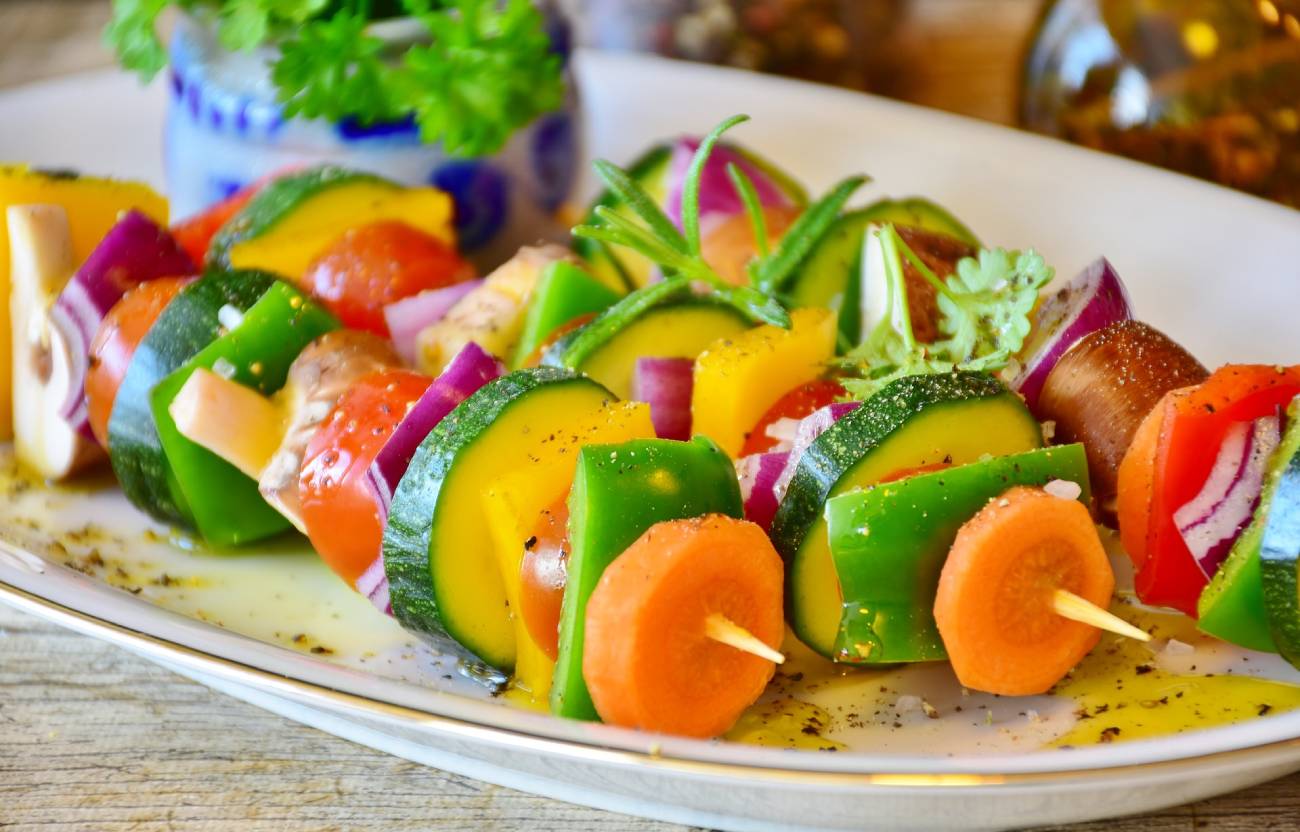Guest article provided by: rouppfuneralhome.com
Loss is part of life and of the human experience. We experience loss in a variety of ways – from the loss of a loved one to a relationship ending, from the passing away of our pets to the loss of pregnancy through miscarriage, stillborn, or the loss of fertility. We can also experience loss when jobs end or a phase of our life ends. Indeed loss is part of the circle of life, but grief – our reaction to loss – can look very different for different people.
While all individuals grieve in different ways, cooking for one and eating a healthy, proper diet is a great opportunity to overcome feelings of loss, sadness, and depression. Adjusting to meal planning alone is hard at first, but the great news is we all have the power to change that mindset! Instead of avoiding these necessary tasks, lean into this experience and use cooking as a safe coping mechanism to help with grief.
Roupp Funeral Home explains Cooking Therapy as one of the oldest tricks in the books when it comes to dealing with loss. Cooking therapy allows you to express yourself in a healthy, creative way, and it also gives you a sense of control, which is something many struggle with when a loved one dies.
Cooking also acts as a great distraction since it requires constant focus and attention. Instead of viewing it as a chore or a depression trigger, use cooking to give your mind a break. Find some new recipes you’re really excited to try and then dive all-in to meal planning and prepping. This will give you something to look forward to each day and help you sharpen your skill.
Taste can keep memories of loved ones alive. Cooking is a sensory experience, involving touch, taste, sight, smell, and hearing. Of all the senses, though, “the sense most strongly tied with memory is olfactory,” aka our sense of smell, says Peggy Loo, PhD, a licensed psychologist and director of Manhattan Therapy Collective based in New York. When we cook, we activate the hippocampus and amygdala, which are parts of the brain involved in memory and emotional processing.
Research shows that human olfaction can cue emotional aspects of our memory, most of which comes from the first decade of our life. “This is why certain smells can elicit visceral reactions and evoke memories from long ago,” says Shavaun McGinty, MA, LPC, CT, a licensed professional counselor and certified grief counselor at the Peacemaker Center in Dowingtown, Pennsylvania. This process is what some experts refer to as the “Proust phenomenon”—at the beginning of Proust’s novel, Swann’s Way, he details a scenario in which the taste and smell of a madeleine cookie dipped in a cup of tea brings back a character’s long-forgotten memory in detail.
Knowing that our sense of smell is powerfully tied to memories means that you can access them when cooking dishes we associated with our loved one. By following recipes that our loved ones used to make for us or recreating dishes we once shared with friends and family, we keep the memory of a loved one or passed experience alive. In a way, the aromas and scents of the meal help us travel back in time—whether that means apples and cinnamon from your mother’s apple pie or the steaming broth from your grandmother’s soup. Cooking is what keeps us connected to loved ones after they’re gone.
While cooking therapy can be an incredibly healing mental and emotional experience, don’t use this as an opportunity to neglect your physical health. So many yummy dishes and dessert recipes are floating out there in cyberspace, but you need wholesome, nutritious recipes, too.
It’s absolutely okay to indulge in moderation, but those meals shouldn’t be an everyday thing. Do some research or talk to your physician about what your diet should look like, and then find recipes that reflect that.
By taking care of your body’s physical needs, you can also improve your mind’s emotional wellbeing.
Have you recently experienced loss? If so, we highly recommend cooking therapy as a coping mechanism. If you need some recipes to get you started, check out Roupp Funeral Home’s online cookbook. View Roupp family favorites, as well as other submissions from followers and clients. Let your healing experience be a delicious one!
Image by Pixabay


